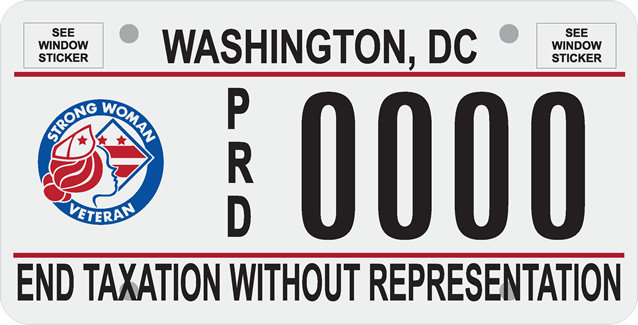The most prominent right that is granted to citizens of The United States at birth is the right to representation. Almost every single amendment of the constitution focuses on the concept of representation in the eyes of the government — who can vote, when you can vote, who can go to war, what crimes can be tried by which court, etc. The most consistent and heavily underlined theme with all of these clauses is the power of voting and having a voice within these decisions made by our government. The idea of the vote is represented in other non-literal forms too, like the house of representatives and the senate — of which we vote our representatives in to make decisions for us (rendering us not as a democracy). These representatives and senators are delegates to the state of which they belong, they are meant to express the feelings of the people in their state and to make decisions that would better their state’s standard of living and political landscape. This right to a vote on a national level is a state privilege, one that is only reserved for the states — which leads to an issue: what happens when a territory that is as important as a state wants a voice? Enter Washington D.C, the capital of America.
Washington D.C was founded on July 16, 1790 — planned out on the Potomac and Anacostia rivers. The city was unique due to circumstance, it was planned as a capital — it was not just a city turned into one. The area and look of the city was pre-planned and methodically designed, using specific outlines to create the ‘perfect capital’ — including the noninclusion of state borders, with the founding fathers feeling as if statehood would lead to D.C collecting supremacy over every other state, with all the important decisions then relating to this one state. According to Dc.Gov, specifics of this plan were to create a capital that did not exceed a “ten mile square” for the federal district.
Naturally, this district included every important political building like the white house, capital building, supreme court, library of congress, and any other federal building needed. However, the constitution only set up a maximum size — nothing else. It has also been proven that the borders of this district are allowed to be adjusted by congress, with congress separating the west portion of the potomac being handed back over to Virginia in 1846. A constant argument by anti state-rights activists is the fact that the capital couldn’t be a state due to the constitution, while they are right — they never bring up the idea of readjusting what our capital is. The easiest solution is to section off the federal district and make that into the capital, with the rest of the city becoming its own state.
D.C does every single thing the rest of the country does, boasting a population size of around 712,816 citizens (2020) and paying more taxes than 23 states in federal taxes mixed with them paying more in overall federal taxes per capita than every other state. Despite this fact, D.C still does not have a right to vote on congressional decisions — so they do not have a right to decide where their own money is dedicated to, money that should be spent on what every state agrees on. D.C has a congresswoman too, Eleanor Holmes Norton, who attends meetings and speaks for D.C as a delegate, but she cannot cast a single vote. She is not the only delegate present in these meetings, but she represents the only territory attached directly to our country. As of 2020, D.C boasts over 11,000 soldiers actively in the military. D.C is also still included within selective service, meaning citizens can be drafted despite them not being able to fully control their voting rights. It is also not as if citizens do not care about this issue, they very much do — with their license plates reading: ‘TAXATION WITHOUT REPRESENTATION’ — going directly against the American saying of “No taxation without representation”, a bold piece of political protest.
Despite the idea of statehood being labeled as a constitutional issue and nothing more, it is essentially a political issue at best. The whole American political system is based on a two party system, Republicans and Democrats — this two party system controls every single aspect of American political decisions, including D.C statehood. The main problem at hand is mainly a problem towards Republicans, who believe that D.C statehood would place them under a massive political disadvantage — D.C would become a blue state due to the overwhelmingly historical democrat vote, which makes complete sense due to their geo-political situation. When Alaska and Hawaii were admitted as states, one was a red state and one was a blue state — leading to a political balance. The other needed solution for D.C statehood to work in a political way is the inclusion of an equal republican state, leading to 52 states. The most commonly suggested induction into statehood is Puerto Rico, however their views on statehood are complex and rooted in a long and messy history meant for another article in itself.
In a country built on the concept of no taxation without representation and equal rights for all, it is disgusting knowing the government actively treats a section of its own people as secondary citizens who have no access to decide what their money goes to — these citizens will not just leave either, they love their city and the culture it has created. D.C’s fight for statehood is not just a political mess, but a civil rights issue undermining a whole city’s human rights that were outlined by the U.S government, an issue overlooked for over two centuries.










